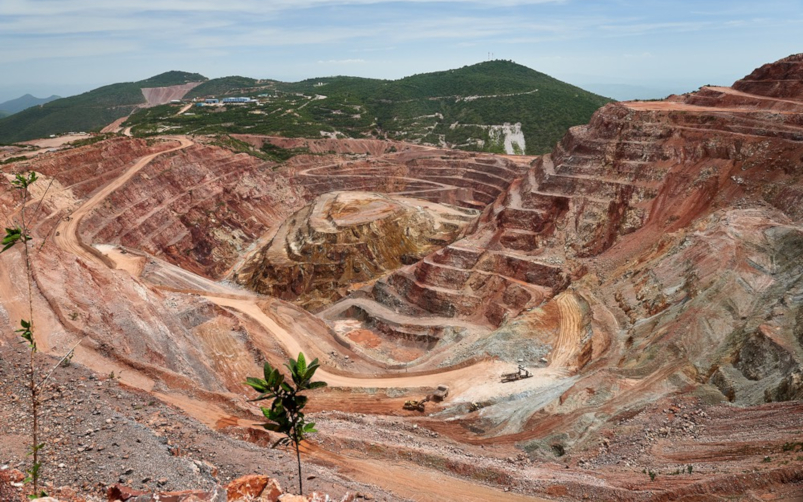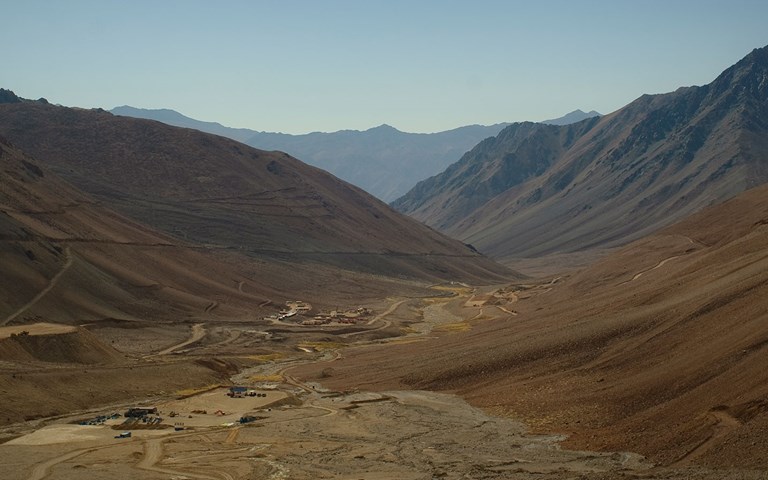Barrick was ordered to close all surface facilities at Pascua-Lama in January 2018. Courtesy of Barrick Gold.
The fate of Barrick Gold’s Pascua-Lama gold project in Chile remains uncertain after a March 14 ruling by the country’s supreme court annulled a decision made by the Antofagasta Environmental Court, which rejected four of the five initial closure orders.
The Chilean government’s environmental regulator – Superintendencia del Medio Ambiente – ordered that Barrick close its surface facilities back in January 2018 due to concerns of environmental damage and water contamination during the project development. These orders were later reviewed by the Antofagasta Environmental Court, which delivered its decision in October 2018. Barrick says that the decision by the AEC was annulled on procedural grounds and that it was not a party to the process.
While the supreme court decision annulled the closure decision, it did not review the merits of the environmental regulator’s orders, which remains in effect and is subject to appeal by Barrick. The case will return to the environmental court to be reviewed by a different panel of judges, a process that Barrick says could take months.
Related: Barrick drops hostile bid for Newmont as companies agree to partner in Nevada
Rather than being pleased by the ruling, Barrick’s CEO Mark Bristow said that the decision was unhelpful as it delayed a decision on the future of Pascua-Lama. Back in January, the company said that it would be embarking on a pre-feasibility study for an underground mine at Pascua-Lama, which was “consistent” with closing of the surface facilities. The project, high in the Andes, lies on either side of the Argentine-Chilean border. Initially, the project was conceived as an open-pit operation, but concerns over the potential impact nearby glaciers as well as to the watershed compelled Barrick to halt that project in 2013.
In February 2019, Bristow met with Chile’s Minister of Mining, Baldo Prokurica, as the company was reviewing its Latin American strategy.
“Chile is an investor-friendly country, with a significant mineral endowment, and which encourages the development of mining projects,” Bristow said. “We believe that despite the legacy challenges relating to the Pascua-Lama project there are exciting opportunities here, especially in the El Indio Belt, and we will be pursuing this in line with our strategy of creating value for all our stakeholders, including the governments, and people, of our host countries.”
The company also reported in the same month that it had recorded a $429 million pre-tax impairment on the project and the downgrading of the project’s reserves to measured and indicated resources.



